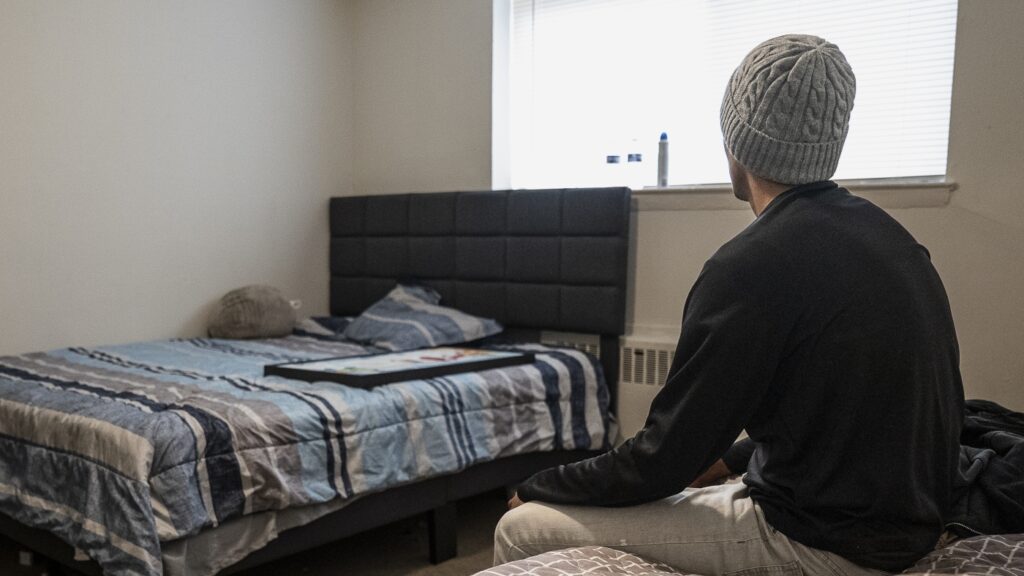The article follows the story of Jefferson, a political refugee from Nicaragua who faced challenges upon arriving in the U.S. due to the freeze on refugee resettlement funding by the Trump administration. Jefferson, left without support, struggled to adapt to his new life, highlighting the struggles faced by thousands of refugees across the country.
The funding freeze not only impacted Jefferson’s ability to pay rent but also led to layoffs and office closures in resettlement agencies nationwide. The uncertainty caused by the freeze has left many refugees in limbo and at risk of eviction and food insecurity.
Refugee aid groups, like Lutheran Social Services, have been struggling to provide essential support to refugees, with limited resources and staff. The situation has been described as “retraumatizing” for newly arrived refugees who were promised help but left without guidance.
Despite the challenges, organizations like Homes Not Borders have stepped up to fill the gaps, providing assistance with rent payments, job placements, and legal guidance. The divide over refugee levels has been a contentious issue, with the Trump administration setting record-low caps, while the Biden administration aims to increase refugee admissions.
As the funding freeze continues to impact refugee aid organizations, the future remains uncertain for refugees like Jefferson. However, with the support of these organizations and the community, there is hope for a more stable and secure future for those seeking refuge in the U.S.

